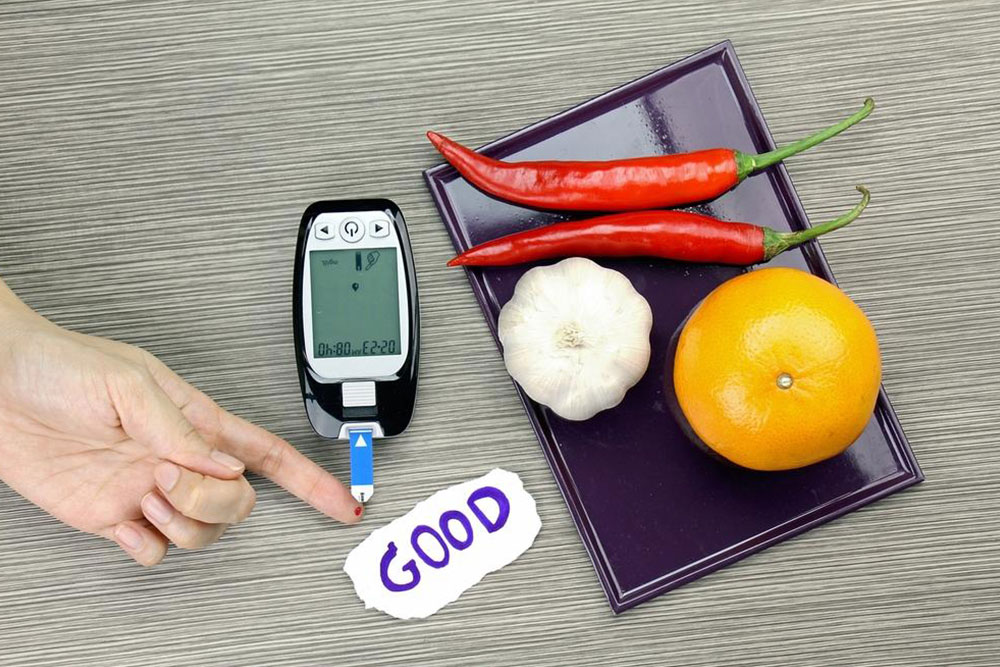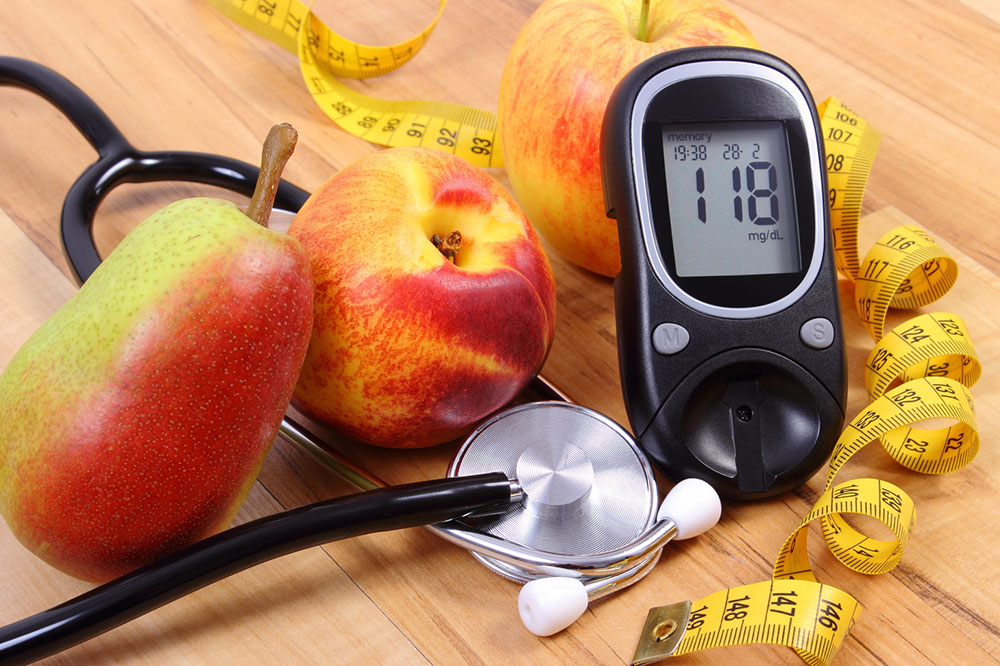Essential Dietary Strategies to Manage and Improve Type 2 Diabetes
Discover comprehensive dietary strategies and key foods that aid in managing type 2 diabetes. This extensive guide covers low glycemic foods, including almonds, dark chocolate, green tea, fenugreek, omega-3-rich fish, and more, helping you maintain stable blood sugar levels and improve overall health. Tailored for diabetics, these nutritional tips support cardiovascular health, insulin sensitivity, and metabolic function. Embrace a holistic approach to diabetes management with scientifically backed dietary choices that enhance well-being and reduce complications.

Key Nutritional Foods for Effective Management of Type 2 Diabetes
Managing type 2 diabetes effectively hinges on maintaining stable blood sugar levels through a carefully planned, balanced diet coupled with consistent physical activity. Understanding which foods promote blood sugar control and which should be limited or avoided is fundamental for individuals living with this condition. Foods with a low glycemic index (GI) are particularly beneficial, as they cause a slower, more gradual rise in blood glucose. It's important to recognize that dietary needs can vary between type 1 and type 2 diabetes, requiring tailored nutritional approaches. Below, we explore a comprehensive list of foods that can help lower blood sugar levels, support metabolic health, and improve overall well-being specifically for those managing type 2 diabetes.
Almonds: Almonds stand out as a highly nutritious snack option for diabetics owing to their low carbohydrate content. Beyond their minimal carb profile, almonds are rich in magnesium, a mineral that plays a critical role in regulating blood sugar levels and managing blood pressure. Incorporating almonds into your daily diet can support better glycemic control and contribute to cardiovascular health, which is often a concern for those with diabetes. Almonds can be enjoyed as a snack, added to salads, or included in breakfast cereals for an extra nutrient boost.
The magnesium present in almonds is instrumental in maintaining healthy blood sugar and blood pressure levels. Its inclusion in a diabetic-friendly diet can promote overall cardiovascular health, which is vital since individuals with diabetes are at increased risk for heart disease. The synergistic effects of almonds' healthy fats, fiber, and magnesium make them a potent natural food for diabetes management.
Dark Chocolate: Indulging in dark chocolate can actually be beneficial if chosen wisely. Select varieties containing over 85% cocoa content, as they are packed with flavanols that improve insulin sensitivity. The antioxidant properties of cocoa help in reducing inflammation and enhancing overall glucose regulation. When consuming dark chocolate, moderation is key, and it's advisable to limit intake to small portions to prevent excess calorie consumption while reaping health benefits.
Green Coffee and Green Tea: Green coffee beans, which are unroasted coffee beans, are a rich source of chlorogenic acid. This compound has been shown to modulate blood sugar levels, making green coffee an excellent addition to a diabetic's diet. Similarly, green tea is rich in polyphenols and antioxidants, which support improved glucose metabolism and exhibit anti-inflammatory effects. Regular consumption of green tea and green coffee can aid in controlling blood sugar and reduce the risk of diabetes complications.
Fenugreek: Fenugreek seeds are a traditional remedy with scientifically backed benefits for blood sugar management. They contain 4-hydroxyisoleucine, a compound that either limits carbohydrate absorption or enhances insulin sensitivity. Research indicates that taking approximately 1 gram of fenugreek extract daily can improve insulin sensitivity by up to 53%, making it a potent herbal supplement for diabetics aiming to stabilize blood sugar levels.
Omega-3 Rich Fish: Fish such as salmon, tuna, Herring, and mackerel are excellent sources of omega-3 fatty acids, which have numerous health benefits for diabetics. Omega-3s are essential fats that help reduce inflammation, improve lipid profiles, and support heart health—all crucial factors for individuals with type 2 diabetes. Lean sources of protein like fish can also aid in body weight management and blood glucose control.
Whole Grains: Replacing refined grains with whole grains such as brown rice, quinoa, and wild rice promotes better blood glucose management. Whole grains are high in dietary fiber, which slows digestion and helps maintain steady blood sugar levels. Their high fiber content also contributes to satiety, reducing overeating and assisting in weight management—another key aspect in managing type 2 diabetes.
Cinnamon: Known for its distinctive flavor and medicinal properties, cinnamon contains bioactive compounds that have been shown to slow gastric emptying and reduce the rate of glucose absorption. Additionally, cinnamon can enhance insulin sensitivity, leading to better control of blood sugar levels. Incorporating cinnamon into daily meals or beverages may serve as a natural adjunct to medication and dietary management of diabetes.





